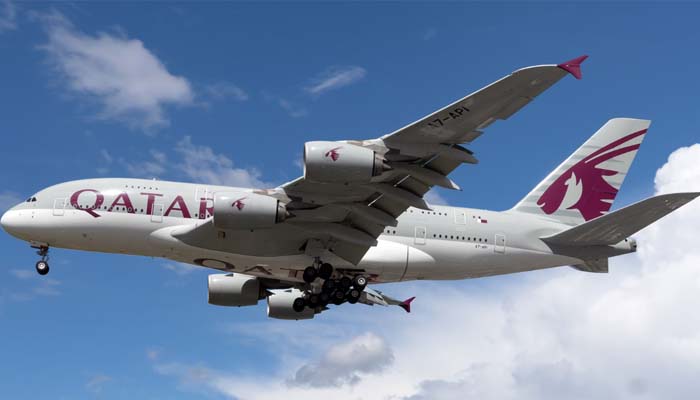
Australian women have finally won their right to sue Qatar Airways over the forced and invasive strip search at the airport.
According to BBC, five Australian women who were allegedly forced to undergo intimate exams at Doha airport got a green light from federal court to file a lawsuit against the World's Best Business Class directly.
The women in October 2020 were forced off a flight for an invasive strip search to check after a newborn was found abandoned in a bin at Hamad International Airport.
More than a dozen of the women off a state-owned airline’ flight to Sydney underwent a forced strip search without consent in an ambulance, sparking global outrage.
Five of the women in 2021 filed a lawsuit against Qatar Airways Group, Qatar Civil Aviation Authority (QCAA), and Matar, the Qatari company responsible for airport operation and management, for false imprisonment and “unlawful physical contact.”
The case was initially dismissed by Justice John Halley, citing that the airlines could not be sued, as its employees are not responsible for the actions of Qatari police who removed the women from the plane for a strip search.
He said that QCAA was also exempted; however, the women could file damage claims against Matar.
The women then launch an appeal against the judgement in the federal court, and on Thursday, July 24, Federal Justice Angus Stewart ruled that Halley made a mistake by dismissing the women’s claims, allowing them to sue the airlines directly.
Stewart told the court, “There is no sufficiently high degree of certainty that what happened to the appellants in the ambulance could not ultimately be found to have been in ‘the course of any of the operations of embarking or disembarking.’”
He added that the issue could only be decided at trial.
The trial of the case is now expected to continue in the Australian Federal Court.















